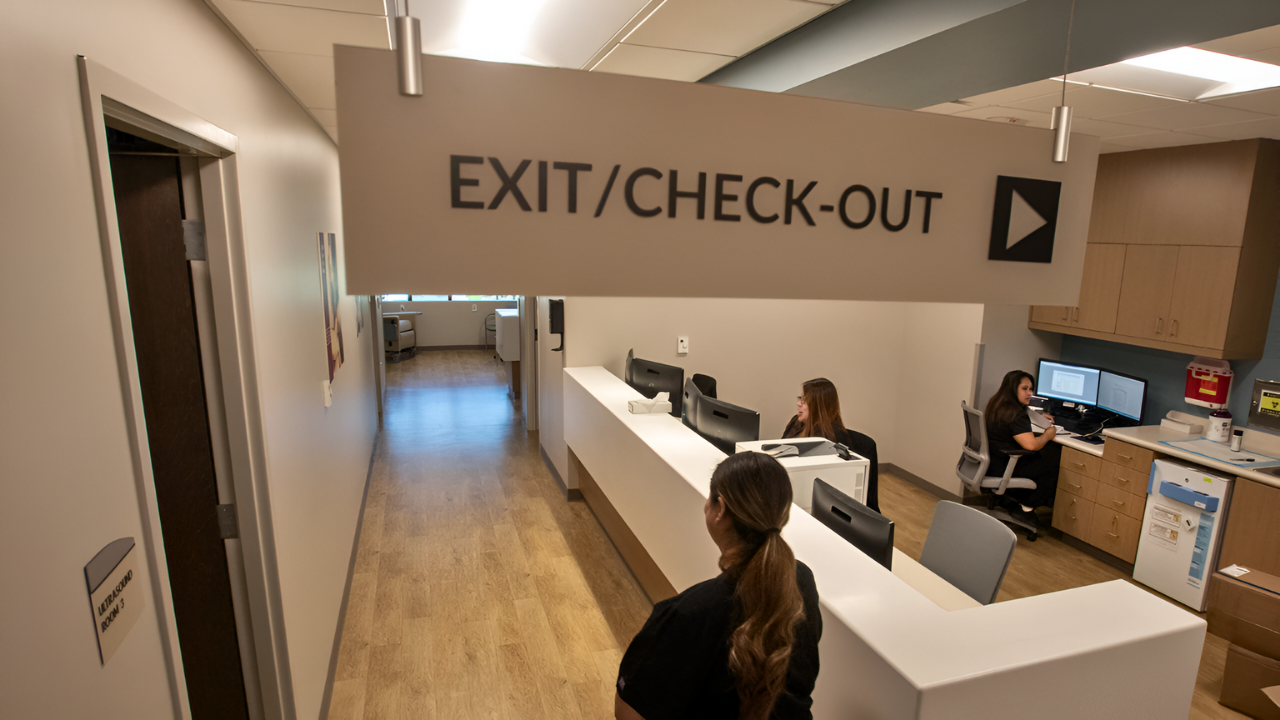
UnitedHealth Group, America’s largest health insurer, has announced it will drop coverage for close to 1 million seniors from its Medicare Advantage plans in 2026—the largest single-year cut by any provider in decades.
The move marks a turning point in the private Medicare market and sends shockwaves through the health care industry, raising significant concerns among seniors and stakeholders nationwide.
Medicare Advantage Growth Slows Sharply

Medicare Advantage, the private alternative for seniors, has seen explosive growth since 2007. For the first time in nearly 20 years, enrollment is forecast to shrink in 2026, dropping as benefit reductions and plan exits accelerate.
Industry projections show total membership falling from nearly 35 million to 34 million, reflecting a rapidly maturing and less generous market.
UnitedHealth Leads the Industry Pullback
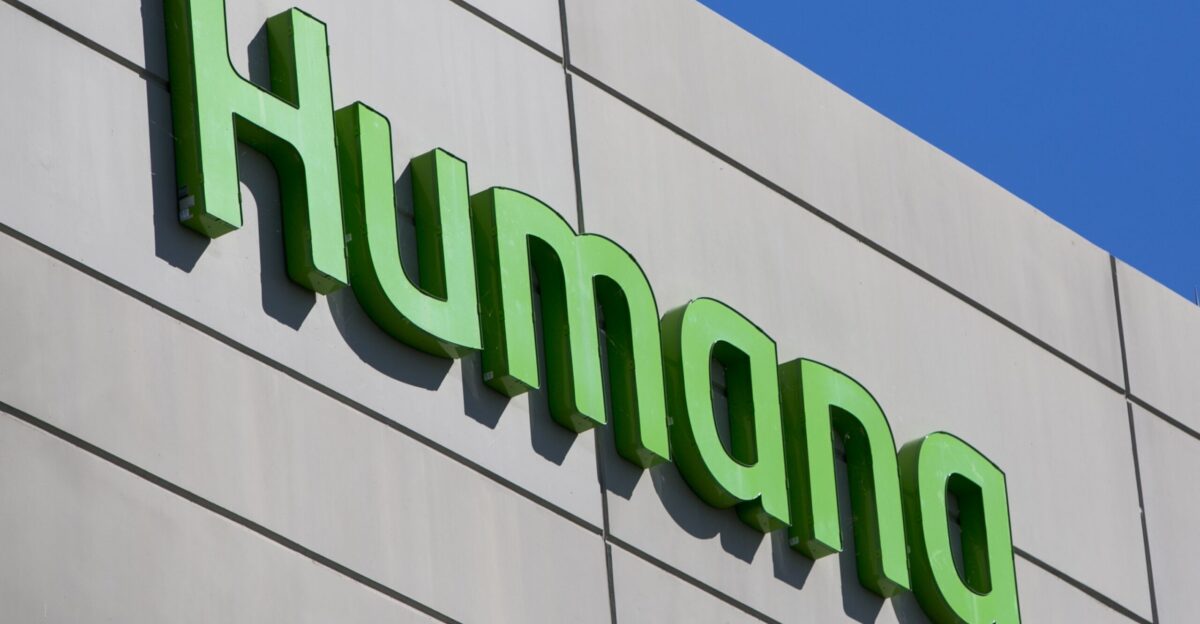
UnitedHealth’s retrenchment has set the pace for other major insurers. Companies like Humana, CVS Health’s Aetna, and Elevance Health are also scaling back their Medicare Advantage offerings.
These cuts signal a broader retreat from unprofitable regions and riskier enrollees, prompting widespread plan discontinuations and service area contractions.
Regions Hardest Hit
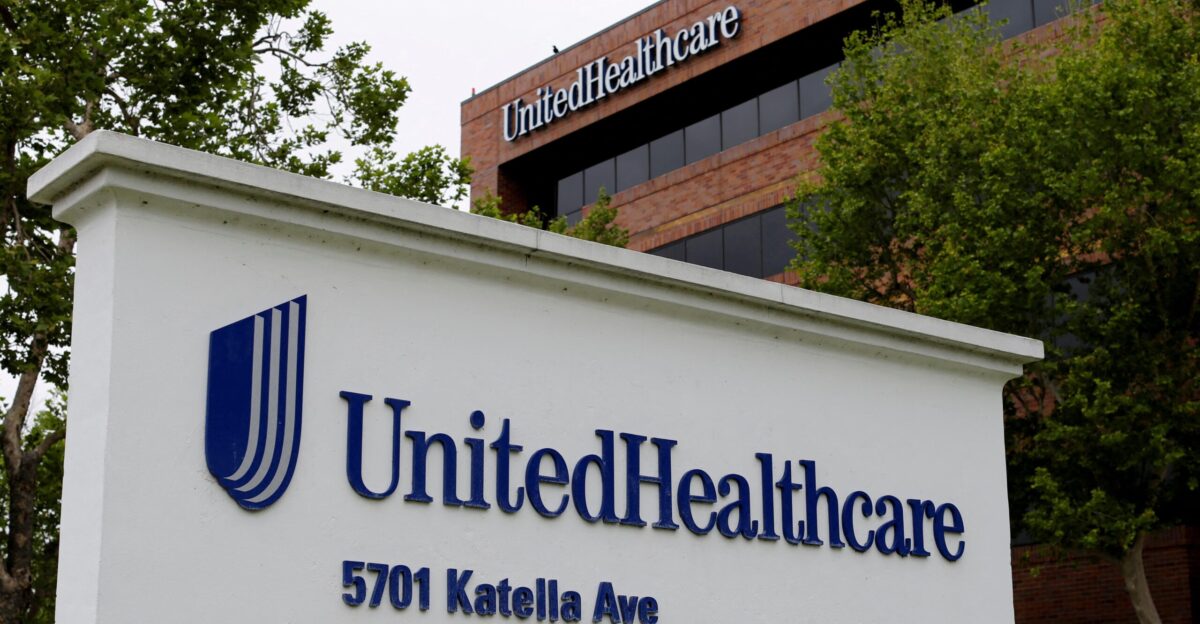
The insurer’s plan exits are highly concentrated, with entire counties in Florida, Texas, and California facing the loss of UnitedHealth’s Medicare Advantage coverage.
These regions previously boasted high enrollment, but many affected seniors are now receiving non-renewal notices as UnitedHealth discontinues plans in their area, forcing them to seek alternatives on short notice.
A “Perfect Storm” of Pressures

UnitedHealth and its competitors cite rising medical costs, tighter governmental reimbursements, and growing regulatory scrutiny as the core drivers behind these historic cuts.
Medical utilization among Medicare Advantage members has increased significantly, with patients utilizing services at twice the expected rate. This has eroded insurer profit margins and led to a reevaluation of risk.
Financial Fallout and Market Shocks

UnitedHealth experienced its largest quarterly earnings miss in over a decade in April 2025, triggering a 22% single-day decline in its share price. Insurance and Optum Health margins plummeted as the medical care ratio soared above industry norms.
The financial strain has forced the company to implement aggressive exit plans and tighten network controls.
Human Impact: Seniors Facing Tough Choices

Seniors affected by these changes must navigate a compressed enrollment window to find new coverage. Many with chronic conditions risk higher out-of-pocket expenses or reduced access to preferred providers.
Insurance brokers report unprecedented challenges as plan selection narrows and out-of-pocket limits rise for 2026.
Provider Network Disruptions

Health systems, such as the Mayo Clinic and Johns Hopkins Medicine, are withdrawing from UnitedHealth’s Medicare Advantage network, citing high denial rates and unsatisfactory reimbursement.
This network shakeup affects tens of thousands of patients, leaving them to face out-of-network costs or search for new providers.
AI Denials Under Investigation

UnitedHealth faces legal scrutiny over its use of artificial intelligence to automate claim denials.
Senate investigations found its post-acute-care denial rate surged after deploying the NH Predict tool, leading to concerns about access and fairness for elderly patients. The case exemplifies broader tensions over the role of technology in healthcare decisions.
Regulatory and Legal Challenges

Federal investigations into UnitedHealth examine whether it systematically inflated diagnoses to receive excess Medicare payments.
The Department of Justice is also probing the company’s vertical integration—where insurer and provider roles merge—over potential conflicts of interest and market dominance.
Margin Restoration and Corporate Strategy
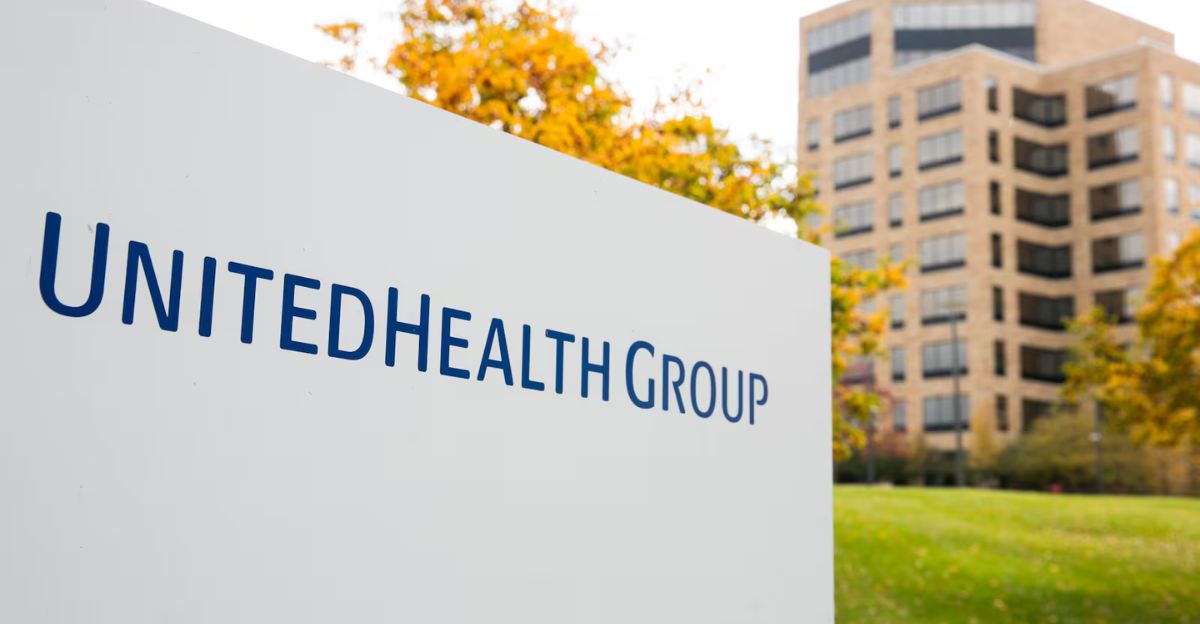
UnitedHealth CFO Wayne DeVeydt has publicly emphasized efforts to “restore the company’s swagger”, focusing on shedding unprofitable products and shrinking regional footprints.
Executives expect these moves to boost profitability and stabilize margins as the company adapts to a changing regulatory landscape.
Broader Industry Trends

Analysts warn UnitedHealth’s actions signal a new era for Medicare Advantage. The industry is shifting from rapid expansion to profit-driven contraction, with plans scaling back benefits and targeting only the most lucrative markets.
The ripple effects will likely influence insurer strategies and senior coverage options for years to come.
Supplemental Benefits Decline in 2025

While nearly all Medicare Advantage plans continue to offer dental (98%), vision (99%+), and hearing (95%) coverage, other supplemental benefits have sharply declined in 2025.
Over-the-counter medication allowances decreased from 88% to 79% of plans, remote-access technologies dropped from 72% to 49%, and transportation benefits declined from 36% to 28%. These reductions significantly impact the wellness support options available to beneficiaries.
Enrollment and Deadline Pressures

The annual Medicare open enrollment period, running from October 15 to December 7, is now more critical than ever for affected seniors.
A special enrollment window from December 8 to February 28, 2026, will allow those losing coverage to access new plans, but choices are dwindling and options are narrowing.
Policy Implications and Calls for Reform

Policymakers and advocacy groups are intensifying focus on how Medicare pays private plans.
Recent cuts highlight the urgency of reform to ensure beneficiary choice, maintain access to care, and guarantee the viability of supplemental benefits for America’s aging population.
International Perspective
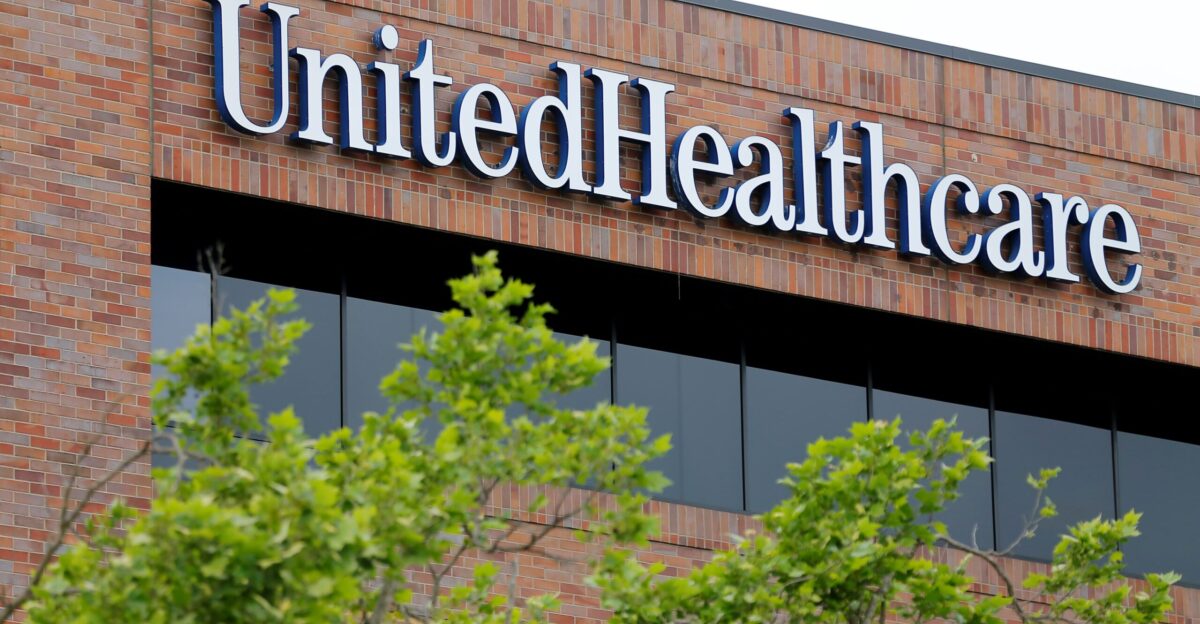
UnitedHealth’s retrenchment in the U.S. is being closely watched by other countries with private health insurance systems.
The move demonstrates the volatility of insurer participation in government programs and raises questions about the sustainability of public-private healthcare partnerships worldwide.
Erosion of Trust in Private Insurers

The retrenchment reflects broader cultural shifts as Americans become more skeptical of private health insurers.
Surveys and commentary show declining trust and increasing calls for transparency, accountability, and equitable coverage for all seniors.
Industry Experts Warn of More Cuts Ahead

Health policy experts suggest UnitedHealth’s scale-back is likely a bellwether for further industry contraction.
As pressures mount, many more seniors may face reduced choices and coverage disruptions as insurers redraw the map of private Medicare offerings.
Seniors Explore Coverage Alternatives
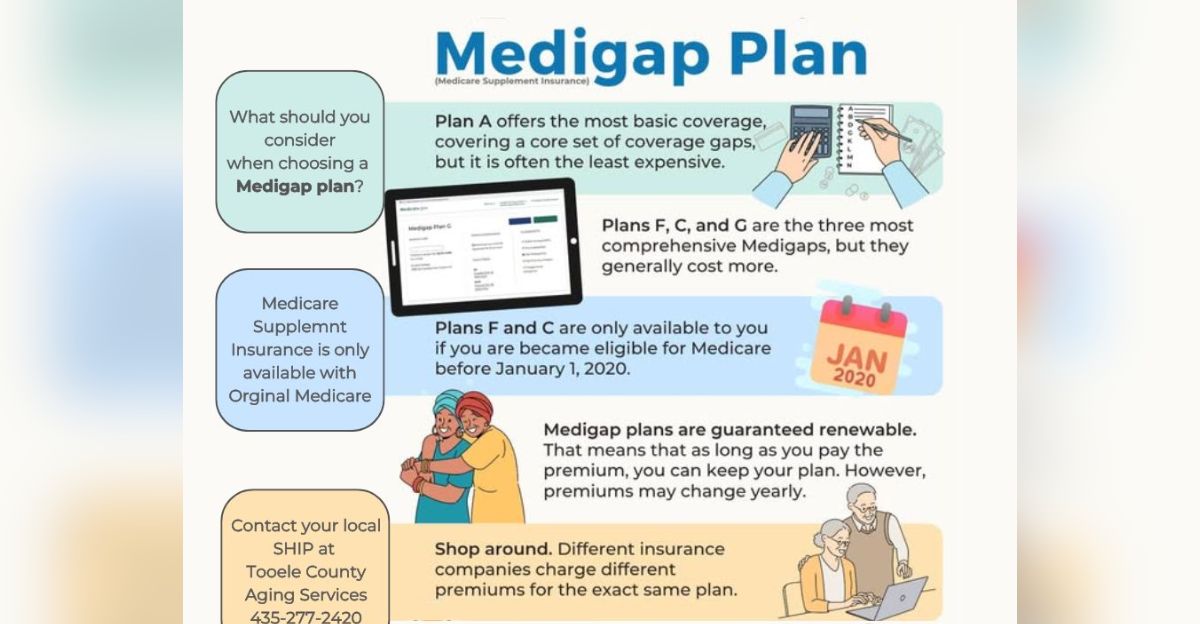
Those losing their Medicare Advantage plans can turn to traditional Medicare, Medigap supplemental policies, or select from the remaining private options—though each comes with trade-offs in cost and benefits.
The complexity of navigating coverage options heightens the stakes of this year’s enrollment season.
Uncertain Future for Seniors

As UnitedHealth and its peers restructure Medicare Advantage portfolios, seniors face a period of uncertainty.
The long-term impact on affordability, quality of coverage, and access to healthcare will depend on regulatory responses and the evolution of the U.S. healthcare marketplace.
A New Era for Medicare Advantage
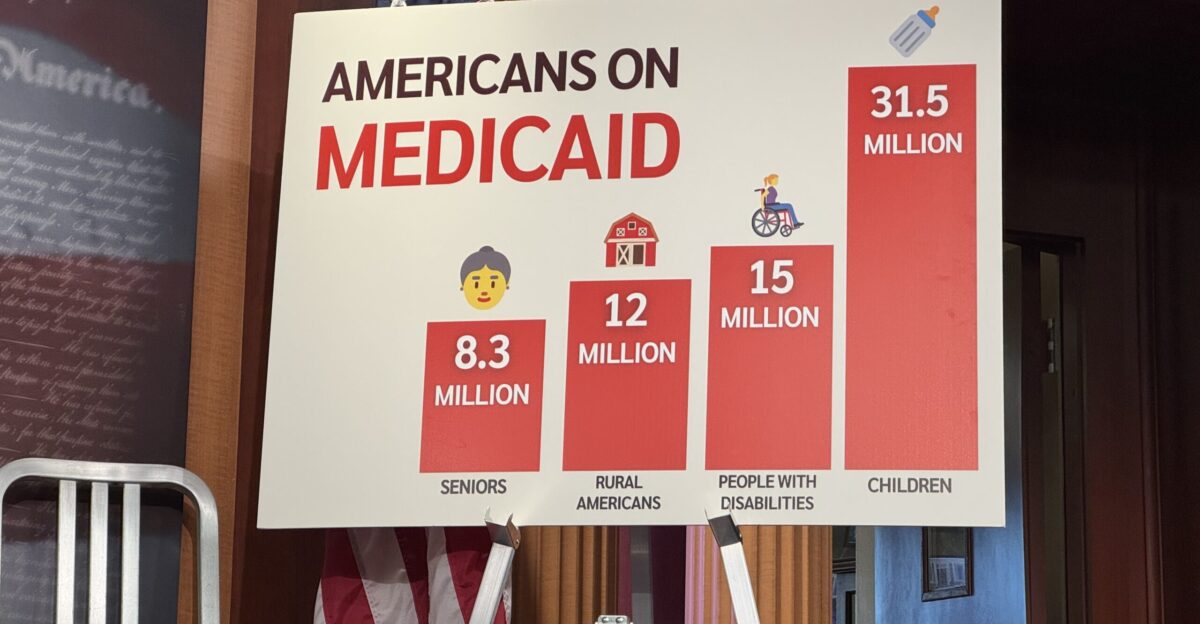
UnitedHealth’s decision to drop 1 million seniors is a stark reminder of the tension between profit and healthcare access in America’s system.
This historic cut marks the beginning of a new, more volatile period for seniors relying on private Medicare plans—and for the insurers tasked with serving them.
Sources:
MarketWatch/Morningstar: “UnitedHealth is Dropping a Million Seniors from Medicare Advantage as It Aims to Restore Its Swagger” (November 19, 2025)
Centers for Medicare & Medicaid Services: 2026 Medicare Advantage Enrollment Projections and Open Enrollment Period Guidance (October 2025)
Reuters: “UnitedHealth to Exit Medicare Advantage Plans in 109 US Counties” (October 1, 2025)
Beckers Payer: “UnitedHealth Projects 1 Million-Member Drop in Medicare Advantage Enrollment” (November 2025)
KFF: “Medicare Advantage in 2025: Premiums, Out-of-Pocket Limits, Supplemental Benefits, and Prior Authorization” (August 8, 2025)
Senate Permanent Subcommittee on Investigations: Report on Medicare Advantage AI Claim Denials and Post-Acute Care Denial Rates (2024-2025)